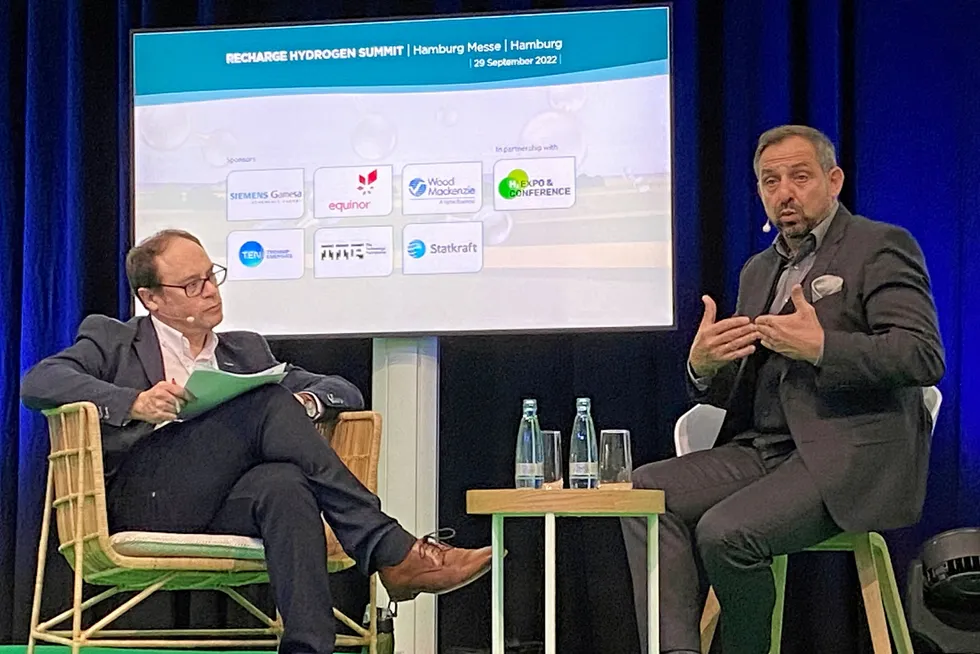EXCLUSIVE | 'EU green hydrogen sector still needs additionality, but hour-by-hour rules were impossible'
The European Commission's initial delegated act was unachievable, but 'pragmatic, realistic' regulations are still needed to avoid cannibalisation of renewables, Hydrogen Europe tells Recharge event
